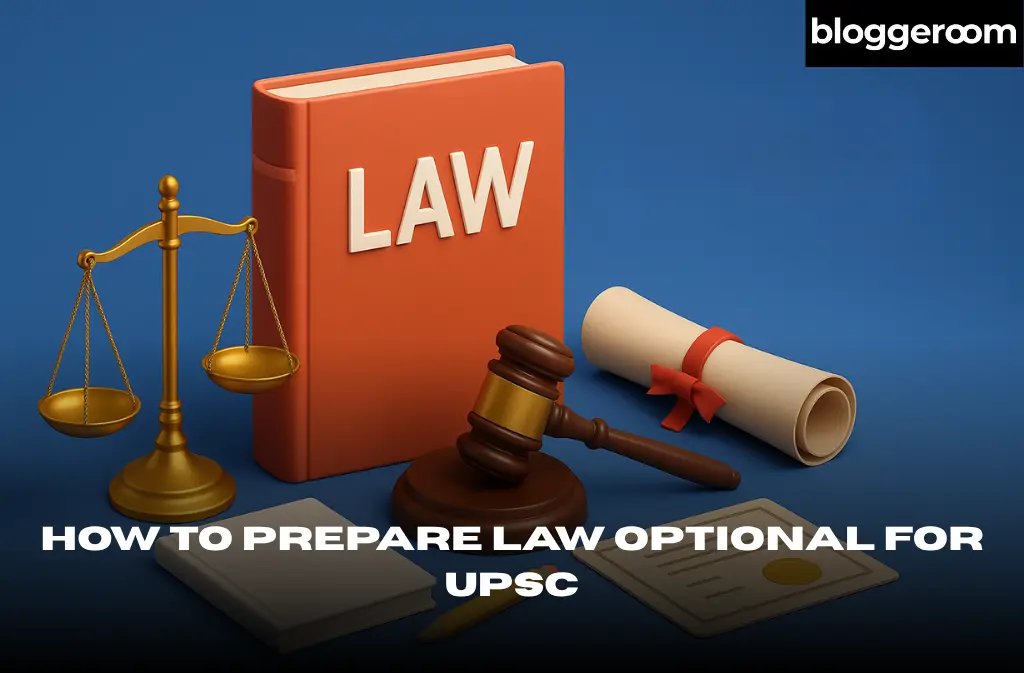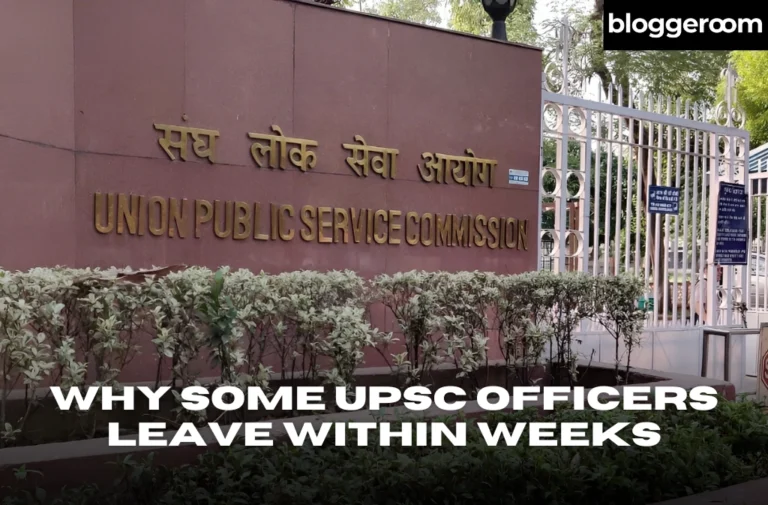How to Prepare Law Optional for UPSC
Choosing Law as an optional subject in the UPSC CSE can be a rewarding decision if you have an interest in legal reasoning, constitutional principles, and current affairs. It not only helps in scoring well in the mains but also strengthens your understanding of governance and public policy for the GS papers and the interview stage. However, success in this optional demands more than just reading – it requires a clear plan, consistent practice, and an analytical approach.
Understand the Syllabus
The very first step that you should take is to understand the candidate’s requirements from the UPSC examiner’s viewpoint. The paper has two sections that are completely different from each other in nature:
- Paper I – Deals with Constitutional and Administrative Law, International Law, and Legal Theory.
- Paper II – Covers Law of Crimes, Tort Law, Contract and Partnerships, and Contemporary Legal Developments among the other things.
Each topic should be read with full attention and sub-themes should be sketched out – for example, under Constitutional Law, there could be the topics of Fundamental Rights, Separation of Powers, and Judicial Review. A well-structured syllabus mapping keeps your study plan systematic and stress-free even at the end of the period.
Build Your Foundation with Standard Sources
Your preparation should start with strong base materials. For conceptual clarity, rely on standard books such as:
- M.P. Jain – Constitutional Law of India
- R.K. Bangia – Law of Torts and Contract
- Ratanlal & Dhirajlal – IPC and Criminal Law
In addition, keep yourself updated through authentic online sources. Go through LiveLaw, PRS India, and the Supreme Court’s official website. You should read case summaries and judgments to enhance both your knowledge and your ability to quote examples in the exam.
Resolve Previous Year Papers
Past year papers are your best clue to UPSC’s thought process. Go through at least the previous 10 years’ of papers to pick out recurring themes. You’ll see certain topics like Fundamental Rights, International Treaties, and Criminal Liability tested time and again. This guides you on what to focus on and set very short, pointed notes for revision.
Practice Writing with Legal Clarity
Even with solid content, many aspirants struggle due to poor presentation. These papers demand structured answers. Follow a consistent framework – introduce the issue, cite relevant legal provisions or case laws, analyze both sides, and conclude logically. Begin answer writing early and seek feedback from mentors or peers. Over time, you’ll develop precision and legal articulation.
Include Current Affairs
It is a dynamic subject. Questions tend to mirror recent constitutional amendments, seminal judgments, and changing interpretations of principles of law. Spend a minimum of one hour a week reading newspapers and legal blogs. Jot down significant Supreme Court or High Court judgments and relate them to syllabus points – your answers receive a modern flavor much valued by examiners.
Use Overlaps Smartly
This optional overlaps significantly with General Studies Paper II (Polity, Governance, and Rights Issues) and also helps in essay and interview stages. A well-prepared student automatically gains an edge in these areas – so study smartly, not separately.
Conclusion
Cracking this exam is not a matter of going through thousands of pages; it is a matter of smart study, clear understanding of the subject, and continuous writing practice. Adopt a planned approach, keep yourself informed about legal issues, and give precedence to quality over quantity. If you have discipline and right guidance, this optional can possibly turn out to be your strongest scoring subject.







